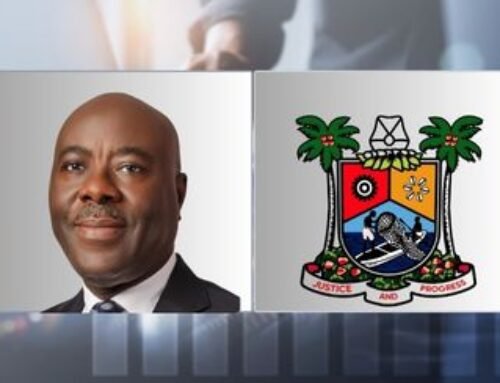
In the world of business, trust is currency. Investors, lenders, regulators and partners all want one thing: assurance that a company is financially sound and capable of meeting its obligations. This is where credit ratings step in.
A credit rating is not just a number; it is a reflection of how well a company manages its finances, handles risks and positions itself for long-term sustainability. A strong rating signals stability, discipline and operational resilience. It reduces borrowing costs, attracts investors and strengthens reputation. On the other hand, a poor rating raises questions about reliability, weakens credibility and can limit access to opportunities.
Why Credit Ratings Matter
Think of a credit rating as a health report for your business. It reveals:
- Financial Stability – Can the business consistently meet its obligations?
- Risk Profile – How exposed is the company to shocks, from market volatility to operational risks?
- Creditworthiness – How much confidence can lenders and investors place in the business?
- Reputation – How is the company perceived in terms of governance and transparency?
A good rating does not just inspire confidence — it creates opportunities.
Beyond the Score: Compliance & Risk Management
But here is the catch: credit ratings do not improve by chance. They are strengthened through deliberate action — embedding compliance frameworks, building strong risk management systems and applying rigorous financial analysis.
Learning the Tools of Soundness – The Kigali Master Class
To help organisations sharpen these tools, DataPro Limited, a CIBN and NAICOM-accredited Compliance Academy with over 30 years of excellence, is hosting a Master Class in Compliance, Enterprise Risk Management & Financial Analysis in Kigali, Rwanda.
This immersive program is designed for corporate leaders who want to go beyond theory and gain hands-on strategies for strengthening governance, managing risk and improving financial soundness.
What to Expect
Participants will explore practical frameworks and real-world case studies, including:
- Mastering compliance and enterprise risk assessment.
- Identifying red flags in financial statements.
- Stress testing and scenario analysis.
- Risk dashboard implementation and reporting.
- Strategic, reputational and ESG risk oversight.
With modules ranging from liquidity and credit risk analysis to compliance audits, the program is structured to give leaders a 360° toolkit for navigating today’s corporate challenges.
Credit ratings are not just about securing cheaper loans or impressing investors. They are about building businesses that last. In an era where one misstep can undermine trust overnight, resilience, transparency and accountability have become non-negotiable.
The Kigali Master Class is more than a training program – it is an opportunity for leaders to reframe their approach to risk, compliance and financial analysis. When these three pillars are strong, the result is not just a better credit rating but a stronger, more sustainable business.








Leave A Comment